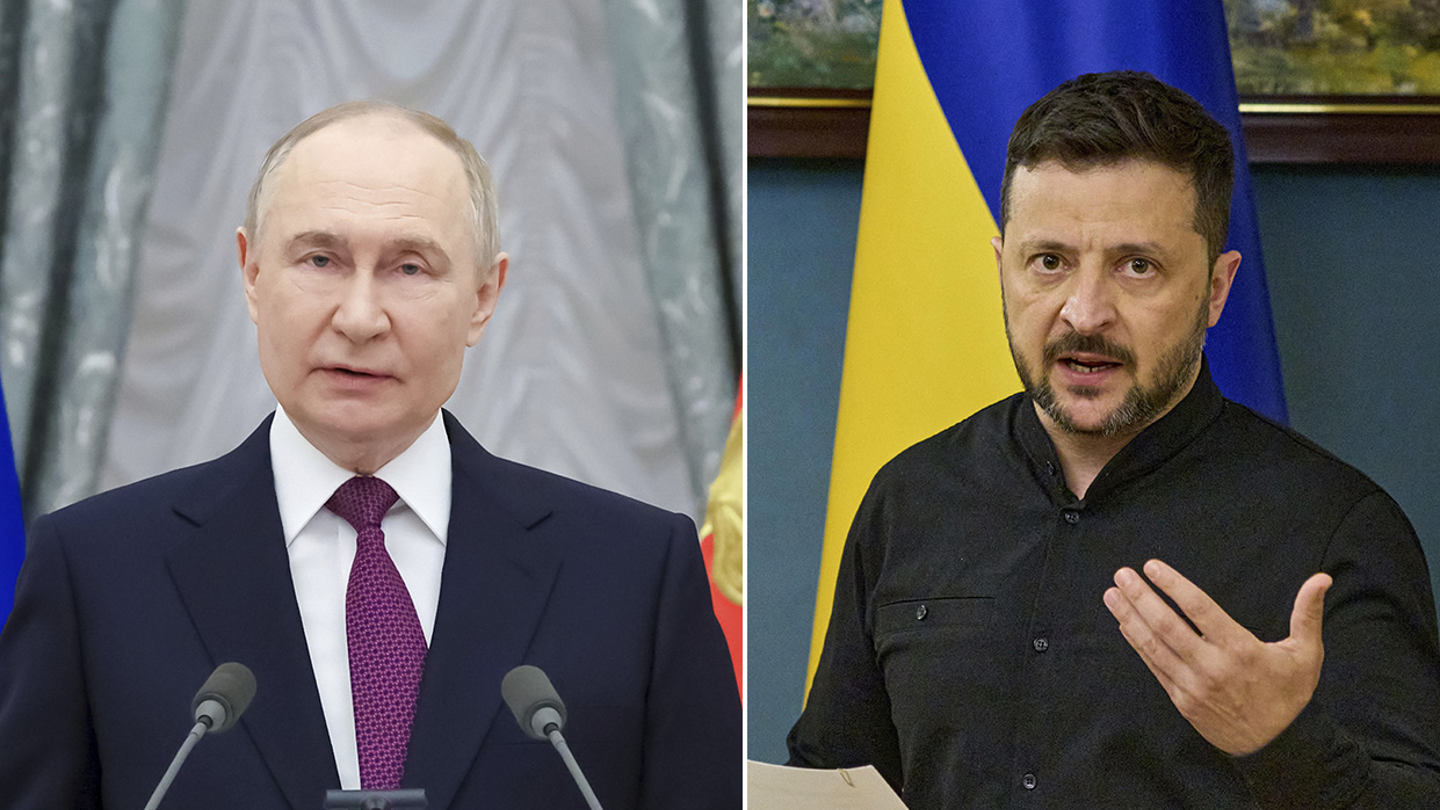
Israel eliminates Gaza terrorist who took part in October attack on kibbutz, took Yarden Bibas hostage
Entities mentioned:
- Israel Defense Forces (IDF): Justice, Security, Duty
- Shin Bet: Security, Duty, Justice
- Jihad Kamal Salem Najjar: Revenge, Control, Loyalty
- Yarden Bibas: Justice, Closure, Self-preservation
- Hamas: Control, Power, Revenge
Article Assessment:
Credibility Score: 75/100
Bias Rating: 65/100 (Lean Right)
Sentiment Score: 35/100
Authoritarianism Risk: 40/100 (Generally Democratic)
Bias Analysis:
The article leans slightly right, focusing primarily on Israeli actions and perspectives. While it includes factual information, the language used (e.g., 'heroes', 'terrorist') and emphasis on Israeli military success suggests a pro-Israel stance.
Key metric: National Security Index
As a social scientist, I analyze that this article highlights Israel's ongoing efforts to neutralize threats and seek justice for victims of the October 7 attack. The elimination of Jihad Kamal Salem Najjar, a terrorist involved in kidnapping Yarden Bibas, demonstrates Israel's commitment to pursuing those responsible for the attacks. This action likely contributes to a sense of closure for victims and potentially serves as a deterrent for future attacks. However, it also underscores the ongoing conflict and tensions in the region, which could have broader implications for regional stability and international relations. The emotional impact on victims like Bibas, who lost his family, is evident and reflects the human cost of the conflict beyond military actions.

Trump’s push for Putin-Zelenskyy talks hinges on Kremlin's conditions
Entities mentioned:
- Donald Trump: Influence, Legacy, Power
- Vladimir Putin: Power, Control, Pride
- Volodymyr Zelenskyy: Self-preservation, Duty, Unity
- Ivana Stradner: Professional pride, Wariness, Duty
- Kurt Volker: Professional pride, Duty, Wariness
- Karoline Leavitt: Duty, Loyalty, Obligation
- Maria Snegovaya: Professional pride, Curiosity, Wariness
Article Assessment:
Credibility Score: 75/100
Bias Rating: 55/100 (Center)
Sentiment Score: 35/100
Authoritarianism Risk: 45/100 (Mixed/Neutral)
Bias Analysis:
The article presents multiple perspectives, including both US and Russian viewpoints, as well as expert opinions. While it leans slightly towards a Western perspective, it attempts to provide a balanced view of the diplomatic situation.
Key metric: International Diplomatic Influence
As a social scientist, I analyze that this article highlights the complex dynamics of international diplomacy surrounding the Russia-Ukraine conflict. Trump's initiative to arrange talks between Putin and Zelenskyy demonstrates the US's attempt to reassert its global diplomatic influence. However, the reluctance from the Russian side and the skepticism expressed by experts suggest significant challenges in achieving a diplomatic breakthrough. The article underscores the importance of power dynamics, with Putin's motivations centered on projecting Russian strength and equality with the US. The experts' analysis points to a potential stalemate, with Putin unlikely to compromise without significant concessions. This situation impacts the US's diplomatic influence by showcasing both its ability to initiate high-level talks and the limitations of its leverage over Russia. The article also highlights the broader implications for NATO and European security, suggesting that the outcome of this diplomatic effort could have far-reaching consequences for US global leadership and alliance structures.